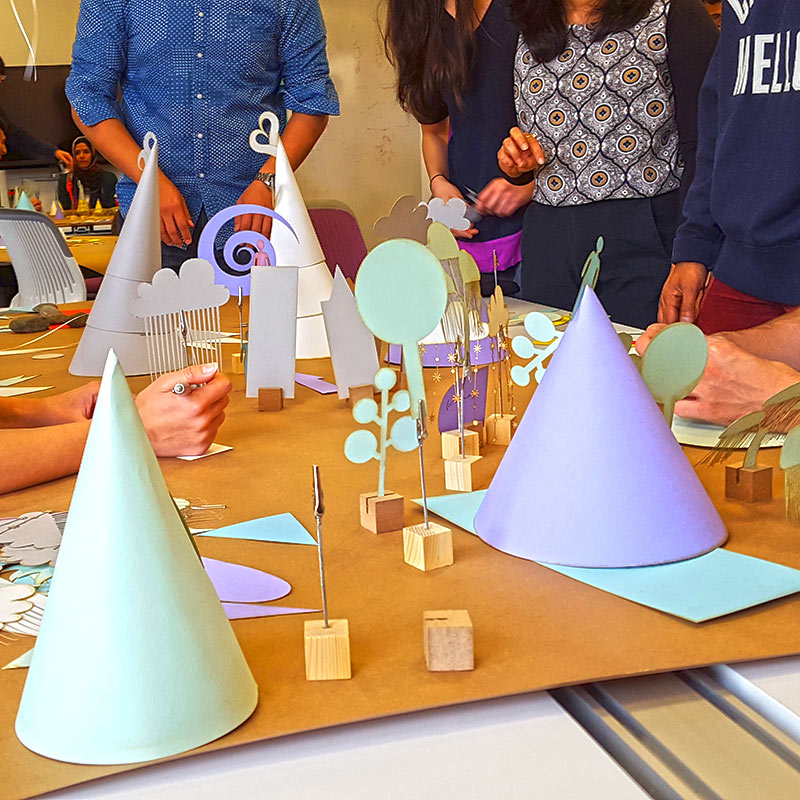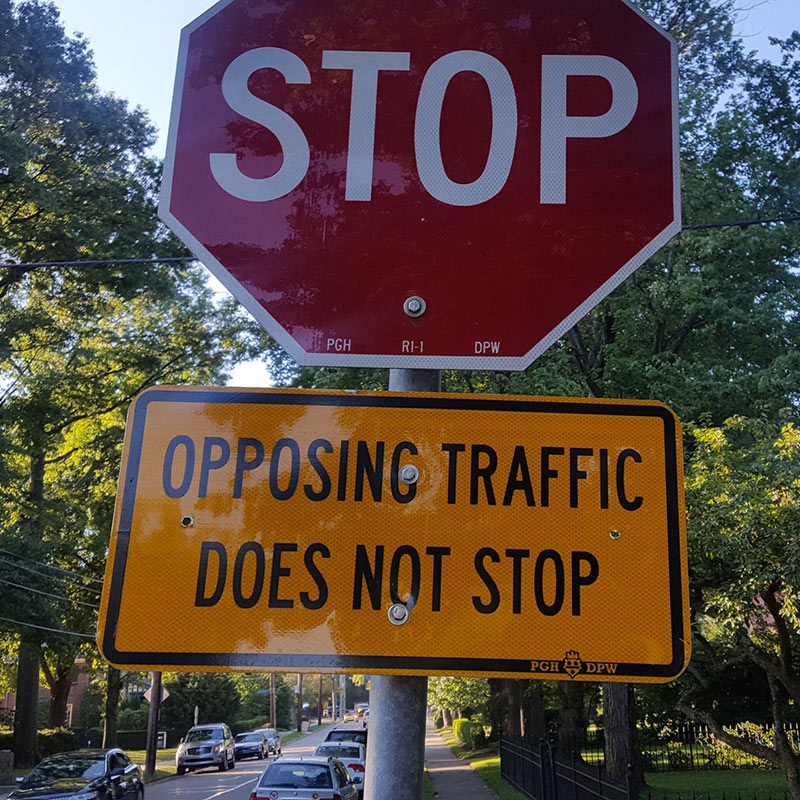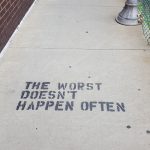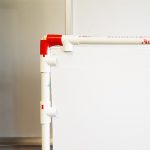Imaginaries Lab: New Ways To Think (course number 51–485 / 51–885) is a research studio focusing on new ways to think and understand in an increasingly complex world. We’ll be using and developing a variety of tools for conducting innovative forms of research through design, focused on exploring how people think, understand and imagine complex social and technological concepts.
Introduction
Our focus for our project in Fall 2018 is mental health, including anxiety, depression, stress, and other dimensions.
We’re living in fraught times. According to research compiled by the Wellcome Trust (UK), “one in four people will experience a mental health problem in any given year”, and “75% of people with a mental health problem develop it before the age of 24”. Sales of books on anxiety are “soaring”. Carnegie Mellon students, in common with many people in high-pressure environments, can experience a broad range of mental health issues.
Yet as a society, we don’t always have good ways of talking about mental health: our experiences are our own, phenomenological, and describing and sharing them can mean using language that may seem imperfect for the task. Everything becomes a metaphor when the thing itself cannot be seen. Sharing itself can be seen as inappropriate or taboo, depending on cultural norms.
Design, and other creative methods, can help here (or, at least, are worth a try). Work on participatory design and facilitation processes, often used either in user experience design (commercially) or working with communities (in social design applications) may seem a long way from a medical context, but creative methods such as data physicalization, new metaphors, building models, drawing, and learning from positive psychology, narrative therapy, art therapy, systemic design and synaesthesia research, could all have something to offer as a way of trying to help people capture the qualitative dimensions of their experiences, to make them palpable, to enable discussion and peer support. These methods can also enable people to share ‘what works’ for them (compare the Mindapples project). It’s important to remember though, that while the experience of sharing or externalizing can be cathartic, it can also itself be painful, and the whole approach here should not be to go beyond what enables people to be comfortable.
How the project will work
In this project, we’re going to be exploring ways for people to materialize, share, or otherwise externalize their own experiences of mental health, and other emotional aspects of our current technological, political, and social contexts. The aim is to end up with an interactive set of methods and tools—using technology where appropriate, but also lower-tech methods—with examples of ‘materializations’ produced by real people, and documentation of our process. We’ll be trying to get away from—or at least go beyond—solely quantifying wellbeing, to value the unquantifiable but very meaningful experiential aspects.
We’re going to be working together as a research team over eight weeks; the aim of this being a research studio is that it’s a kind of hybrid between a taught ‘class’ and the kind of experience you might get as part of a (design) research team. So, although you’re a student, the aim is that for this project at least, you see yourself primarily as a researcher. You are trying to investigate phenomena in the world, and learn about what works and what doesn’t work in doing that, in collaboration with other people; fulfilling the requirements for grading should not really be your major focus in the time we have together. If you’re interested in going into a career involving design research, or even if you aren’t, having this experience will (I hope) be an interesting and useful one.
Learning objectives
- Develop practical skills in research through design, grounded in appropriate theory, by applying the approach to a specific socially relevant domain.
- Gain experience working on a research project generating new knowledge, and confidence investigating questions which do not have a pre-defined answer.
- Collaborate on research with a multidisciplinary team, learning from each other’s perspectives and experience.
- Gain experience of different stages of a design research project, including prototyping, public-facing engagement and/or output, and preparing material for subsequent publication or exhibition.
Basic information
- Course number 51–485 (undergraduate) / 51–885 (graduate)
- Dates: Thursday mornings, 8.30am – 11.20am: August 30th, September 6th, September 13th, September 20th, September 27th, October 4th, October 11th, October 18th.
- Room: Margaret Morrison Carnegie Hall 215 (Design grad studio, 2nd floor, northern end of the corridor)
- Instructor: Dr Dan Lockton, danlockton@cmu.edu, office MMCH 207b. Office hours (book an appointment)
- Research assistant/s: TBC
- Credit units: 4.5 (undergrad) / 6 (grad). As the course is a mini (half-semester), this implies the workload should roughly be the 3-hour class once a week, plus 6 further hours per week (undergrad) or plus 9 hours (grad). This will vary from week to week, but this is the average expectation.
- Slides, photos, and other materials that can’t or shouldn’t be shared publicly will be on Box. You need a CMU login for this.
Take care of yourself
▶Carnegie Mellon Counseling and Psychological Services
Do your best to maintain a healthy lifestyle this semester by eating well, exercising, avoiding drugs and alcohol, getting enough sleep and taking some time to relax. This will help you achieve your goals and cope with stress. All of us benefit from support during times of struggle. You are not alone. There are many helpful resources available on campus and an important part of the college experience is learning how to ask for help. Asking for support sooner rather than later is often helpful.
If you or anyone you know experiences any academic stress, difficult life events, or feelings like anxiety or depression, we strongly encourage you to seek support. Counseling and Psychological Services (CaPS) is here to help: call 412-268-2922 and visit their website at http://www.cmu.edu/counseling/. Consider reaching out to a friend, faculty or family member you trust for help getting connected to the support that can help. If you or someone you know is feeling suicidal or in danger of self-harm, call someone immediately, day or night:
CaPS: 412-268-2922
Re:solve Crisis Network: 888-796-8226
If the situation is life threatening, call the police: On campus CMU Police: 412-268-2323; Off campus: 911
To quote from the CaPS website:
You are not alone! CaPS sees about 13% of the student population each year. These are undergraduate and graduate students who at some point throughout the year decided to seek help with their struggles.
Asking for help is a sign of psychological strength, not weakness. At some point in life, most of us will experience some psychological hardship that could benefit from professional support. Asking for help when needed can result in a faster and more long-lasting recovery.










